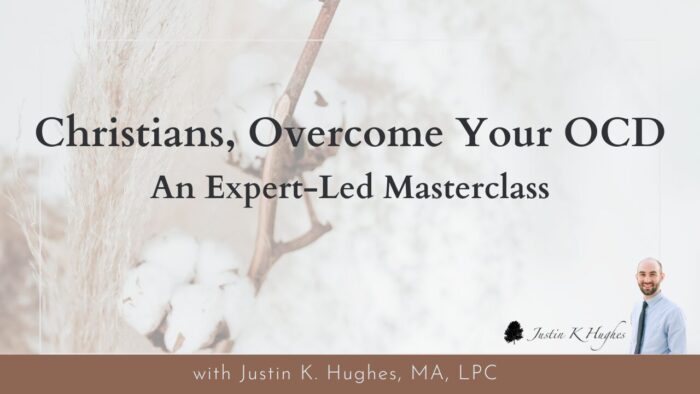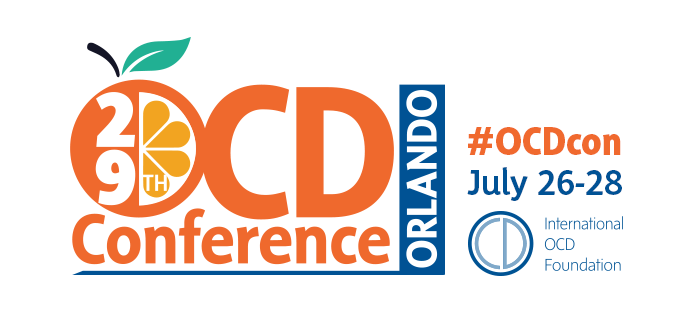
The research is really clear on this: disordered checking behaviors (and thoughts) lead to distrust of your memory (van den Hout & Kint, 2003; Radomsky & Alcolado, 2010). Let’s say you walk away from your front door or your car. You typically lock them. But you start to think about it, and you are now not-so-sure. You don’t remember it specifically, so to be “certain” you might go back to get that extra boost of relief. But this type of response actually makes you less likely to be certain. And as we understand it currently, it seems to reinforce your learning that maybe you do need to go back and check.
Bad News- Give Credit to Doubt, Feel More Doubtful
If you become dependent on giving into feelings of doubt, as in OCD, Generalized Anxiety, Panic Disorder, Health Anxiety (Hypochondriasis) and such, science tells us: this will not end well.
Sorry, that sounded kind of dire. Wait a second, no, I’m not sorry, because if you struggle with this and have had impairment because of it, then it’s best I tell you the truth: checking and rechecking things that you must learn to tolerate uncertainty in will and do make you more uncertain.
Executive Functioning
Here’s another example. Most of us at some point in school learned a few tips on taking tests. What are some ones you remember? Ever took the ACT/SAT or even just a big final exam in high school? If you pick an answer on multiple choice, but then start to doubt, what do teachers tell us to do? Stick with your first answer- it’s likely the best.
One of the executive functioning (EF) problems in OCD and other disorders is difficulty automating processes most other people take for granted. In the examples given of checking, someone without a disorder by-and-large learns to do something, integrate it into their daily life, and move on. Examples are brushing your teeth, tying shoes, order of cleaning your body in the shower, greetings socially, driving to work, eating breakfast in the morning. One of the reasons why those with OCD feel so stressed and tired is that their brains are working overtime with tasks that have been automated by others (Chamberlain et al., 2005)
Good News: What Else Do I Do Instead?
If you give into a lot of extra checking in your life, there is good news: you don’t have to. The brain is incredibly adept at learning, even into old age. There is no age client I have yet turned away because they were “too old to learn new tricks.” Here’s a few quick tips if you suffer with doubt and double/triple/+ checking:
- Call it out– it doesn’t help you or anyone to pretend if something has grown impairing.
- Recognize what’s functional. It’s OK to go back sometimes to your car to hear the ‘beep’ or to look at a lock to see if it is locked. It is NOT functional to be stuck staring at the door for an hour or going back every time to verify.
- You might be able to make great strides on your own! Get educated first and see what you can do.
- If you run into problems or may have a disorder that needs to be treated, get help. Talk to someone trusted and look into options for you.








Leave a Reply